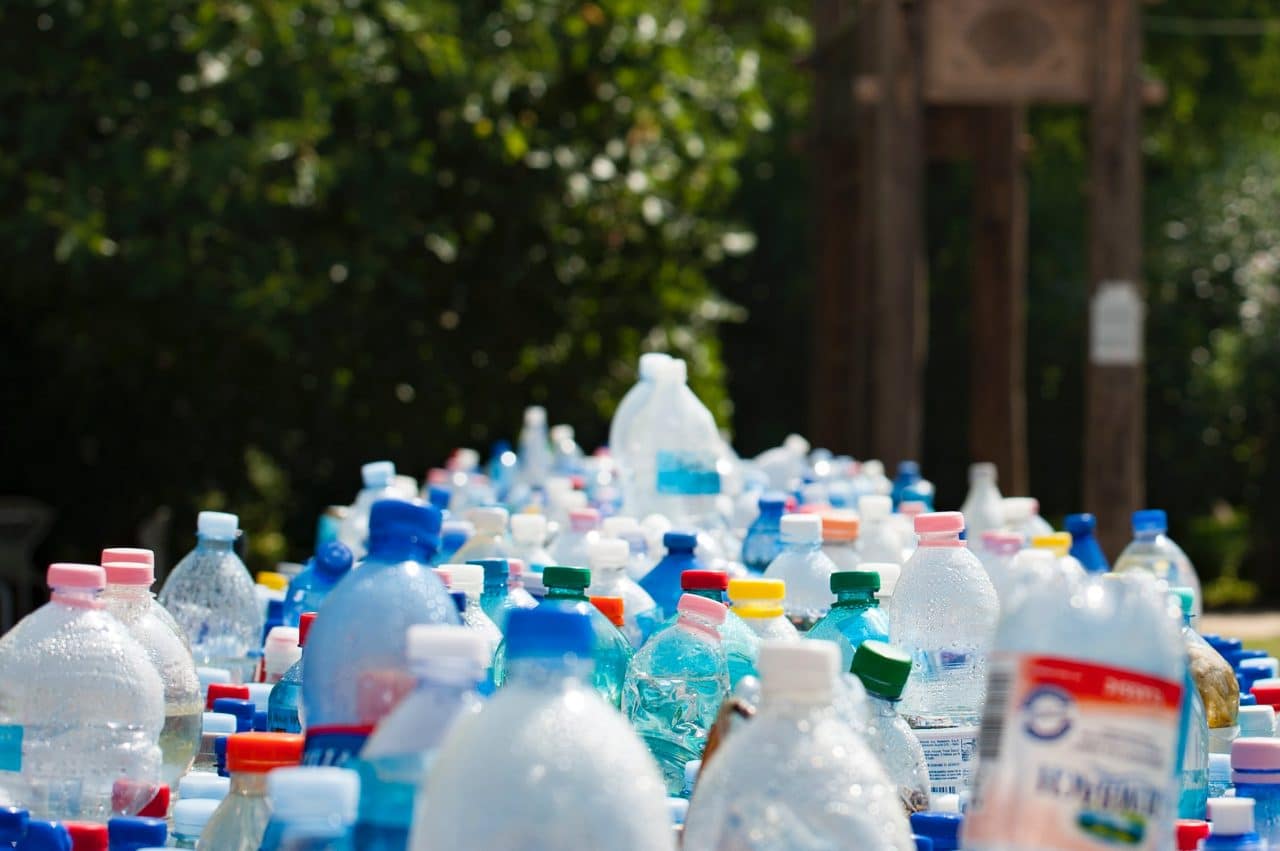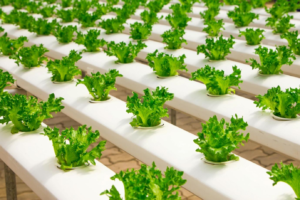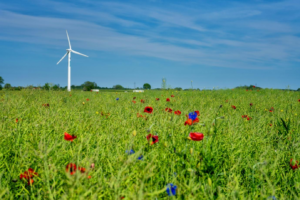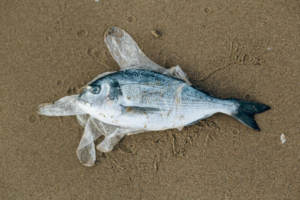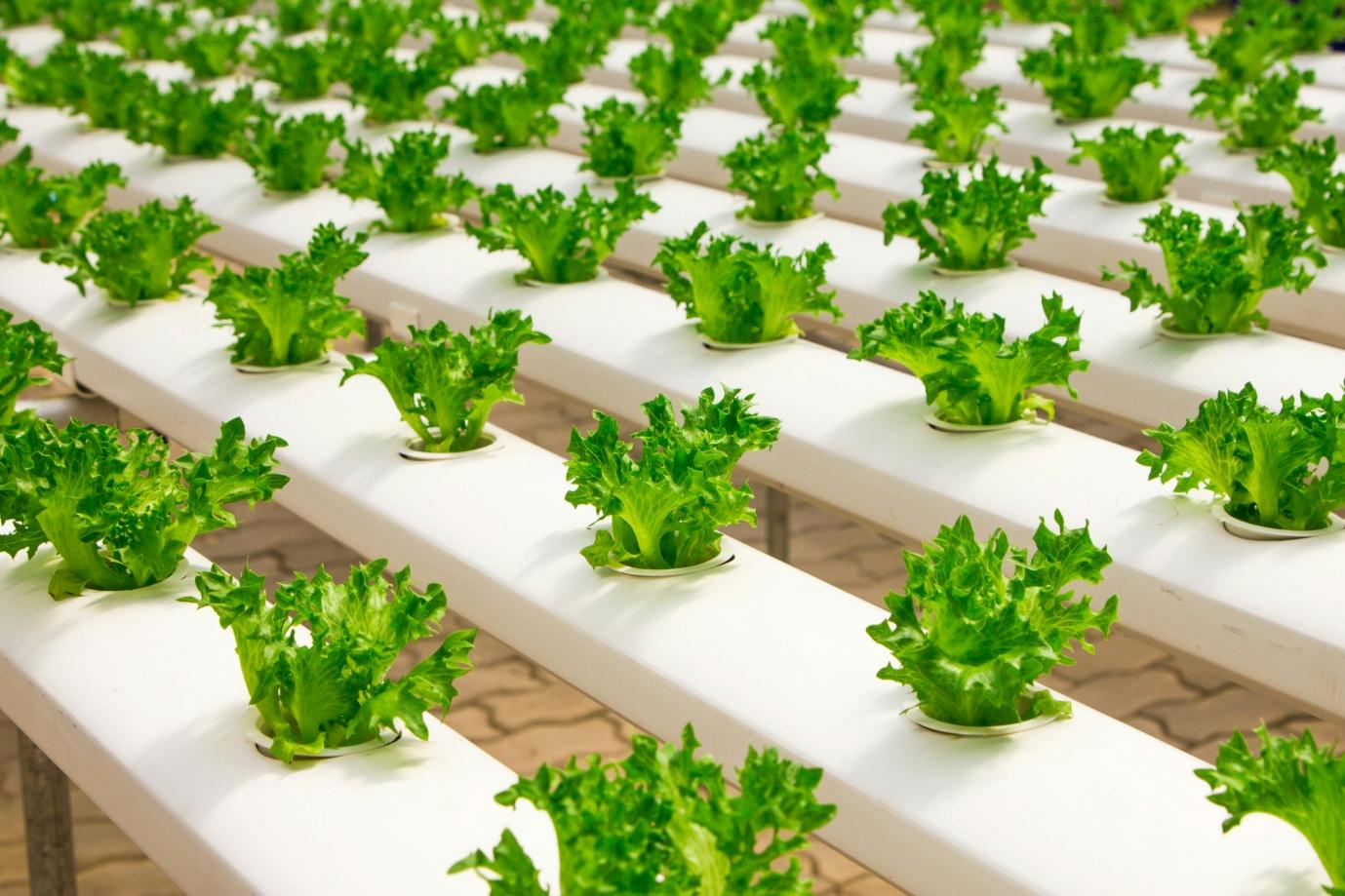Over the last twenty years, the push for people to be more environmentally conscious has continued to grow, with many businesses making it easier for people to be environmentally friendly. While there is still a large number of the population who are not aware of the importance of taking care of the world, most people do know the buzzwords of “going green,” and being “environmentally friendly.”
One of the issues with the lack of participation is that many businesses, communities, and individual people who have a small interest in going green but don’t necessarily know what to do to make a difference.
Conserving our resources is crucial and taking a little bit of time to research different ways to participate is a great way to get started.
What Does It Mean to Be Environmentally Conscious?
Being environmentally conscious can mean something different to each person because it is a broad term that describes many different behaviors, guidelines, and laws that exist to reduce or minimize environmental harm. Some of the most common terms include:
- Green, going green, and living green.
- Nature-friendly and natural.
- Eco-friendly and eco-conscious; and,
- Environmentally friendly or environmentally cautious.
According to Merriam-Webster online, the term eco-conscious was first used in 1972 and is a broad term that means “marked by or showing concern for the environment.” There are many different ways people can make changes to conserve their environment, and the term environmentally conscious is a fundamental belief system that inspires action.
Being eco-friendly on a personal level can mean changing your cleaners, and eating habits, but it can also mean supporting businesses who are making strides to help the environment. Making changes begins on the personal level but then affects companies, and eventually communities as a whole.
Why It Is Important to Be Eco-Friendly
There have been many times when the practices of a large corporation have come under scrutinization because their harmful choices have affected or even killed people or animals. In those moments, when the news and social media are heavily reporting on a dangerous business, people become interested in ways they can make changes in their daily practices.
Eventually, the news moves onto other stories, and people’s attention shifts to other things. The challenge is to get more people to see the significant impact of the companies who are harming people and animals through their careless businesses.
Even though there are plenty of businesses who need to change their policies, it would not be fair to blame all environmental issues on business owners. We are all in this together, and the only way to make a huge difference is to join together with our communities and businesses and find ways to work together.
The reason it is vital for people to embrace an environmental friendliness is that our world will not be a resource if we continue ruining our methods for sustainability. We are making mistakes that are causing animals and habitats to go extinct, and people to get sick.
If you are looking for ways to be more environmentally, here are fifteen things you can do to be more environmentally conscious.
1. Increase Your Awareness
The best way to start making change happen is to begin being aware of your daily habits. Observe your daily actions and think of different things you can do to be a little eco-friendlier. When you are ready to start transforming your efforts, being aware of what you do and why is a great place to start.
2. Wash Your Clothes on Warm or Cold
Many people believe their clothes won’t be clean unless they wash certain things on hot; however, the reality is that clothes will be sanitized through the laundry process, no matter what temperature you choose. Using hot water for anything other than oil-based stains is unnecessary and will save a lot of energy.
3. Ditch the Paper Calendars

There are a lot of people who depend on post-it notes and paper to-do lists. If possible, utilize the calendar on your phone and download a to-do list app. Reducing the amount of paper you use helps significantly.
4. Practice Conserving
Whether it is making a conscious effort to turn off a light in another room, using cloth napkins, or picking out energy efficient appliances, there are many different ways you can practice your new understanding and awareness of being eco-friendly.
5. Reuse Bottles
Disposable bottles of water are very wasteful. Reports estimate that around 80 percent of water bottles are not recycled. The production process of water bottles takes three times the amount of water that is actually in the bottle to get one bottle done.
6. Carpool When You Can
Most people think of carpooling as something that is reserved for people who need to get to work. While splitting carpooling duties between a few coworkers is environmentally friendly and also saves on gas costs, carpooling can be used for nights out with friends, business travel, getting kids to school, and so much more.
7. Shop Local as Much as Possible
One great way to help others and to be environmentally friendly is to shop locally. Products that are shipped cost more money, time, and resources. If you buy locally, you are supporting the farmers who live in your community and encouraging others to do the same.
8. Be Conscious Of Water Usage

Not only are different parts of the world experiencing water crises, but it also takes a lot of energy to get water from nearby water sources into your house. Some of the ways you can reduce water usage include upgrading to an energy efficient washer, reducing the time you spend in the shower or bath, making sure all of your pipes are working optimally without leaks, and setting up a rain barrel to collect rainwater for different things like watering your lawn.
9. Compost Your Food
Compost piles are made up of the biodegradable products you use, typically food scraps from fruits and vegetables. Having a compost pile will eventually give you nutrient-rich soil if you garden, and most importantly, it means less trash for the landfill. There are issues with dumps because they pollute the air, and also because they fill up and require new locations.
10. Recycle as Much as You Can
Many grocery stores have recycling centers that give you a small amount of money for recycling bottles. While most people don’t do it for the money, it does accrue, and you can save it for something fun. Recycling is more than just collecting your cans and bottles. You can also recycle by paying attention to the products you buy. When grocery shopping, you can encourage recycling by purchasing products that have been recycled.
11. Plant Trees
Trees have been destroyed rapidly because of housing and city growth, but trees are vital to our survival. They help clean the air, give us oxygen, provide homes to wildlife, provide us with food, and contribute to the prevention of soil erosion. More than that, planting trees around your house can help reduce energy consumption because they provide shade during warm weather and can cool your home down, so you need less air conditioning or fans.
12. Help Prevent Littering
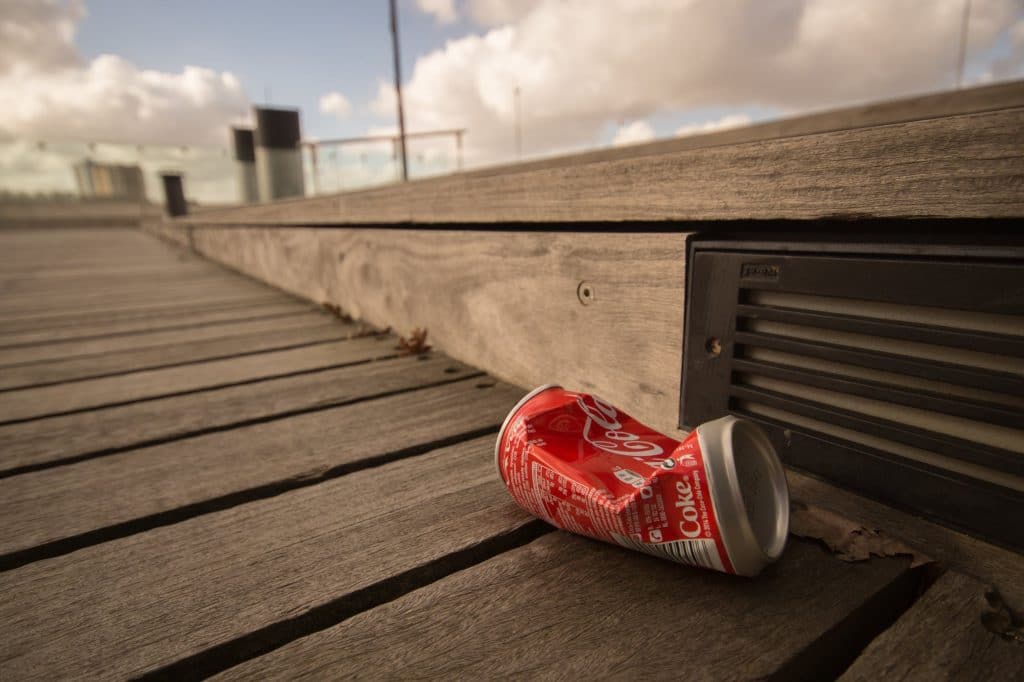
Littering is a big problem in some places, and you can make a difference. Whether you make a pact to not litter, or you carry a bag with you to pick up trash you see along the way; you can make a difference.
13. Ditch Plastic as Much as Possible
Whether you make a decision to use canvas bags for your groceries or you stop using sandwich baggies for your lunches, finding ways to reduce the use of harmful plastic is a great way to be environmentally conscious.
An added perk to using your own grocery shopping bags is that some companies like Whole Foods and Trader Joe’s have small rewards, like weekly raffles, for people who bring their own bags.
14. Replace Harmful Chemicals When You Can
Harmful chemicals like oil, ammonia, and paint cause air pollution and when not disposed of properly, seep into groundwater. Many people who want to be eco-friendly, replace harmful chemicals with natural cleaners like vinegar and baking soda.
If you do need to use chemicals, like paint, you can reduce pollution and groundwater contamination by keeping it adequately covered when not in use and finding local sites for dropping off toxic waste. Those sites will dispose of it safely.
15. Help Protect Wildlife
Animals are becoming extinct or endangered because of human behavior. Whether you want to actively help stand together to protect animal habitats or you want to donate to companies who do it, being an active participant in protecting wildlife is essential.
Final Thoughts
Being environmentally conscious is an ever growing and learning process. The best thing you can do for the environment is to educate yourself about all of the different ways human behavior is negatively affecting the earth and find ways to reduce your carbon footprint.
The harmful effects of reckless human behavior are becoming more evident over time. Being aware of the problem and helping to educate others are the best ways to be an environmentally friendly person.

